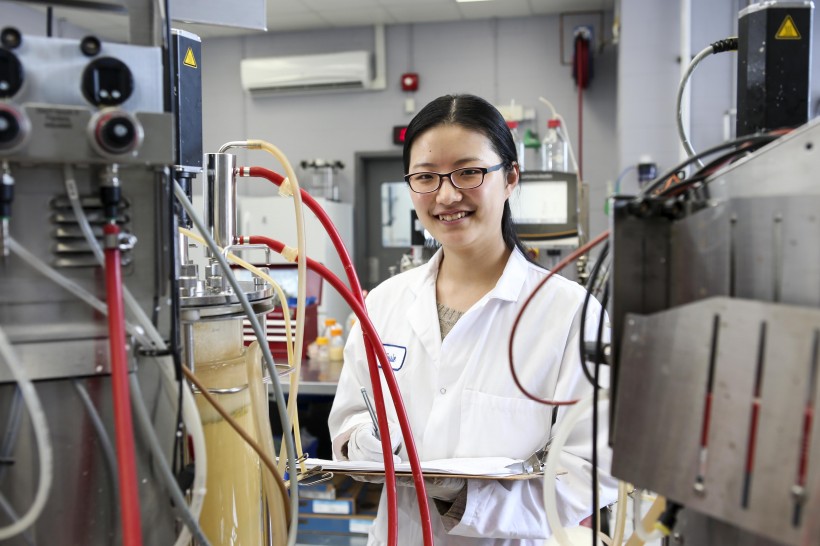Mara Renewables Corp. has received a $3 million conditional loan from the federal government to research the best ways to produce commercial quantities of algae-based nutritional supplements.
The government announced last week that the Atlantic Canada Opportunities Agency would lend $3 million to the Dartmouth company through its Atlantic Innovation Fund, which finances large research projects.
For the past three years, Mara has produced an oil from algae that is rich in Omega-3 fatty acids, the oily substance found in salmon that benefits the heart. The company now makes the oil at a plant in Liverpool, England, and sells it in bulk to major food producers as an ingredient for their foods.
What the company must do now is improve its processes to produce more algal oil at lower prices, and the ACOA money will be used for research into the most efficient processes. This research is taking place as Mara – which employs more than 60 people – plans to build a bigger plant, possibly in Canada.
“This technology is very flexible,” said Chief Scientist and Director of Research Roberto Armenta in an interview Friday. “We can actually use different inputs in the process that are widely available . . . like byproducts from other industries.”
Alentic WIll Use ACOA Loan To Research Diagnostic Device
Armenta previously worked for Ocean Nutrition Canada, which like Mara, was founded by Clearwater Fine Foods founder John Risley and produced Omega-3 food supplements. When Risley sold ONC for $540 million to Royal DMC of the Netherlands in 2012, he retained a team to develop intellectual property that the ONC scientists had been working on.
The research team had learned that it could derive Omega-3 from algae found in the Bay of Fundy. A supplement produced from algae would have none of the concerns about a product taken from fish, such as the limits of a finite resource or worries about contaminants found in fish. If Mara could produce the oil economically in commercial quantities, it could compete effectively against other Omega-3 supplements.
Its research led to a naturally produced vegetarian oil that Mara says can be more sustainably produced than a product derived from fish. Armenta would not detail sales of the product, except to say they have increased in each of the last three years.
“From an idea and a science story that began at the beautiful Bay of Fundy . . . this is a remarkable example of applying science to produce a renewable product with proven benefits to human health,” said Armenta in the ACOA statement. “This project will enable Mara to increase its commercial competitive advantage by investing in innovation.”
Armenta now oversees a team of 23 scientists in Dartmouth researching the development of algal oil. He proudly states they are “a world-class, gender-balanced team of highly-skilled Canadian and multinational scientists.” In the near future, he plans to add three scientists to the team.
A focus of their work will be to find ways to manufacture their product at lower and lower costs, because Mara knows the competition will only intensify.
The team of scientists, said Armenta, will focus on something he learned while working at ONC – the importance of combining R&D with the goals of the company.
“I learned to focus on what are the most important things, rather than just blue sky research.”
Disclosure: ACOA is a client of Entrevestor.










